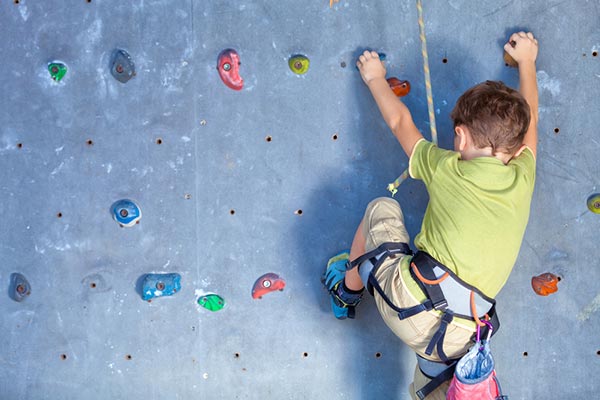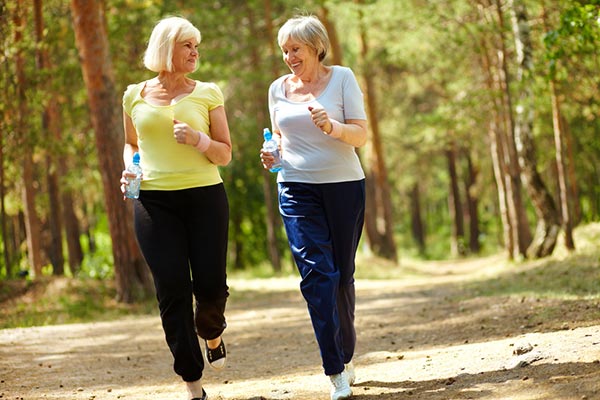
Although there remains some confusion and misinformation surrounding iron, we all know that this nutrient is essential for healthy human bodies.
This is true for people at all ages and stages of life, including as we get older.
Iron regulates a number of important bodily functions, including transporting oxygen through the body, maintaining healthy enzymes, energy production and ensuring our immune system is working effectively.
Older individuals can be more susceptible to iron deficiency, but the reasons why may not always be straightforward.
While a diet that’s too low in iron is a more common reason for iron deficiency in younger people, issues such as blood loss, medications, infections and/or arthritis are some examples of how low iron levels can develop in the older generation.
For this reason, doctors may need to check for other underlying causes before prescribing iron supplements for older patients.
There Are Two Types of Iron:
Dietary iron takes two forms: heme and nonheme. Heme iron is derived from haemoglobin (which is found in animal foods like red meat) whilst nonheme iron is derived from plant-based foods. Our bodies absorb the most iron from heme sources.
Common Iron Sources:
Meats (particularly organ meats and red meat) provide a substantial hit of dietary iron. Some of the best vegetarian sources of iron come from chickpeas, beans and lentils, fortified cereals (there are plenty of iron-rich cereals in the supermarket now) and pumpkin seeds.
As mentioned previously, older individuals may also be prescribed iron supplements (usually in tablet form) if they are not absorbing enough of it from food.
Recommended Intake:
Iron requirements differ between people depending on their age, gender and lifestyle. For healthy men and women aged over 70 the National Health and Medical Research Council recommends a daily iron intake of 8mg. This figure is based on a number of variables and considerations, which you can view here.
Find Out More:
There’s no substitute for professional advice, so for more information about iron have a chat with a nutrition expert or GP.

